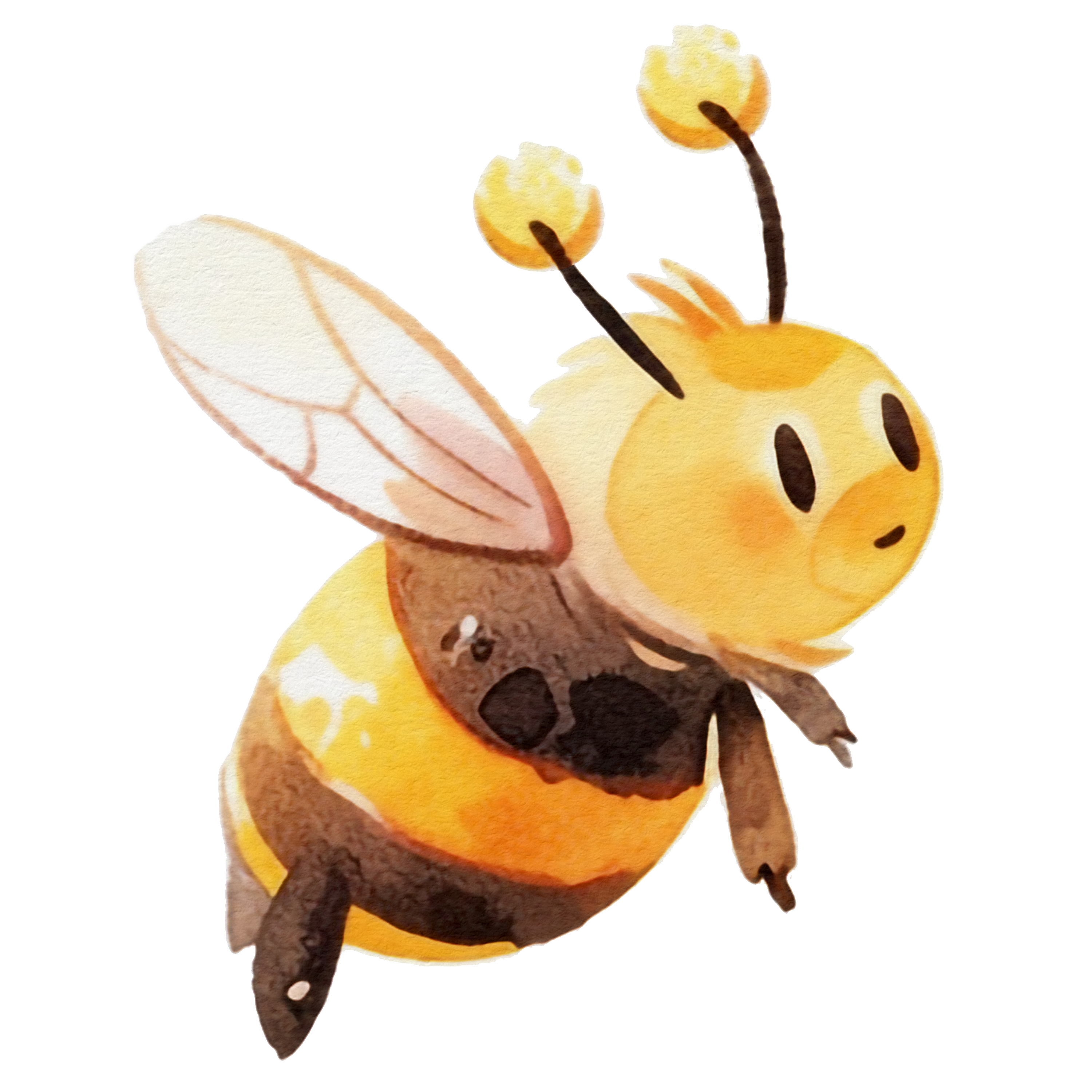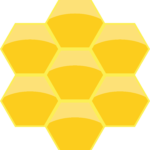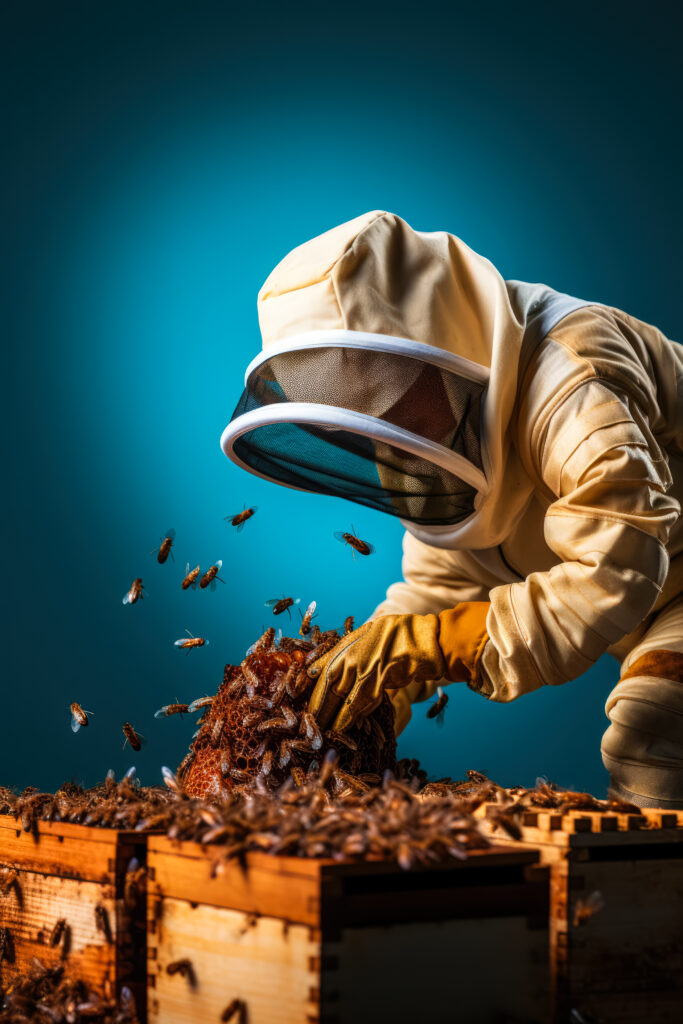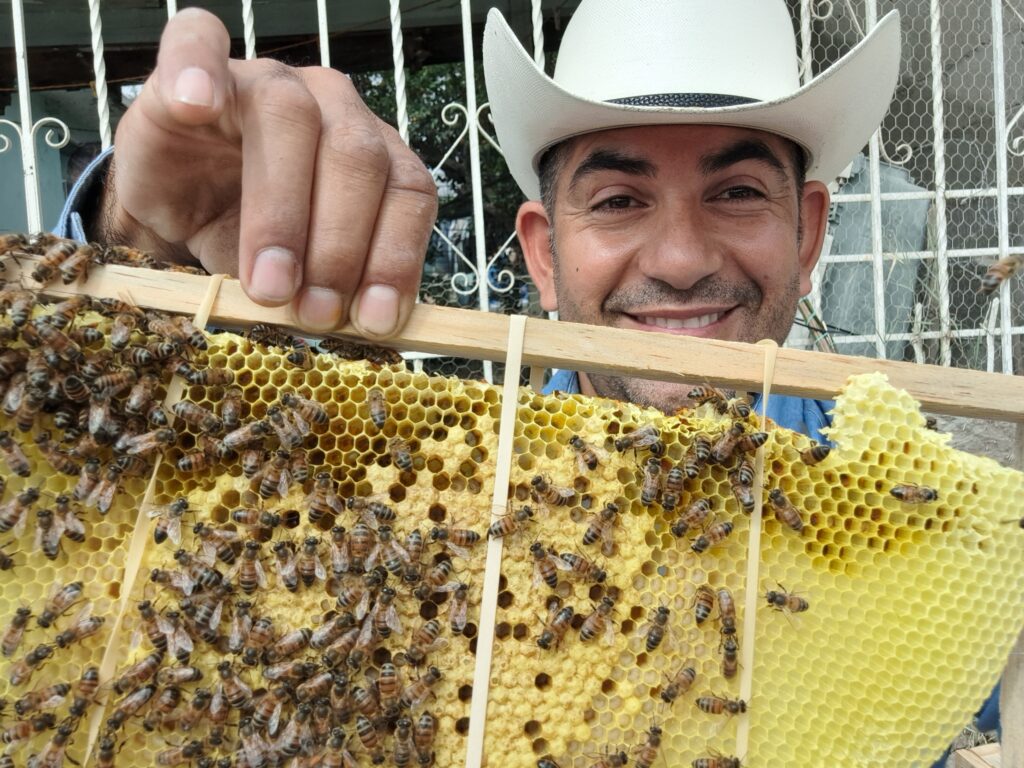Pollen Therapy
Pollen Therapy in Apiculture: The Healing Power of Nature's Pollen Grains
Introduction
Pollen therapy, an intriguing facet of apiculture, is centered on the use of pollen grains collected by bees for their potential health and therapeutic benefits. This practice draws on the ancient wisdom of traditional medicine and the growing body of scientific research highlighting the therapeutic potential of pollen. In this comprehensive exploration, we will delve into the historical background, the potential health applications, safety considerations, and the contemporary role of pollen therapy in healthcare and wellness.
Historical Roots of Pollen Therapy
Pollen therapy has ancient origins, with historical records of its use found in traditional Chinese medicine, Ayurveda, and the practices of indigenous cultures across the world. Throughout history, pollen was highly regarded for its nourishing and medicinal properties. It was believed to restore vitality and support overall health. The ancient Greeks, for instance, referred to pollen as the "food of the gods."
Health Benefits and Therapeutic Claims
Pollen is considered to offer a wide range of health benefits and therapeutic potential:
Nutrient-Rich Superfood: Pollen is rich in vitamins, minerals, proteins, and antioxidants, making it a nutritionally dense superfood.
Immune Support: The immune system may benefit from the bioactive compounds in pollen, aiding in defense against infections and illnesses.
Allergy Relief: Some individuals use pollen therapy to alleviate allergy symptoms, as it may help desensitize the body to allergens over time.
Energy and Vitality: Pollen is thought to enhance energy levels and overall vitality, making it a popular choice for those seeking increased stamina and vigor.
Anti-Inflammatory Properties: Pollen contains flavonoids and other bioactive compounds with potential anti-inflammatory effects, which can be beneficial for conditions like arthritis.
Digestive Health: Pollen may promote healthy digestion and alleviate gastrointestinal discomfort.
Safety Considerations
Pollen therapy is generally considered safe for most individuals. However, some precautions should be taken into account:
Allergies: Pollen therapy should be approached with caution by individuals with known allergies to bee products, pollen, or specific plant allergens.
Asthma: People with asthma may be at a higher risk of allergic reactions to pollen.
Quality and Purity: Ensuring the quality and purity of pollen products is essential to prevent contamination and potential adverse effects.
Modern Applications
Pollen therapy has evolved in the modern era, with applications extending into various sectors:
Dietary Supplements: Pollen is available as a dietary supplement, often consumed for its nutritional value and potential health benefits.
Allergy Relief: Pollen extracts, when used under professional supervision, can be part of allergen immunotherapy to reduce allergy symptoms.
Nutraceuticals: Pollen is integrated into nutraceuticals that offer a blend of beneficial compounds to support health and well-being.
Research and Clinical Studies: Ongoing research investigates the bioactive compounds in pollen and its potential therapeutic applications in conventional medicine.
Traditional Medicine Practices: Pollen therapy remains a staple in traditional healing practices, reflecting the timeless connection between nature and human well-being.
Conclusion
Pollen therapy, with its rich historical background and potential health benefits, remains a fascinating aspect of apiculture that bridges ancient wisdom and modern science. As research continues to unveil the therapeutic potential of pollen, it may play a more significant role in healthcare and wellness. However, it is crucial to approach pollen therapy with caution, especially concerning allergies and product quality, to ensure its safe and effective use in the pursuit of improved health and vitality. Pollen therapy stands as a testament to the extraordinary gifts of nature, harvested by bees, that have the potential to promote human well-being and health.




